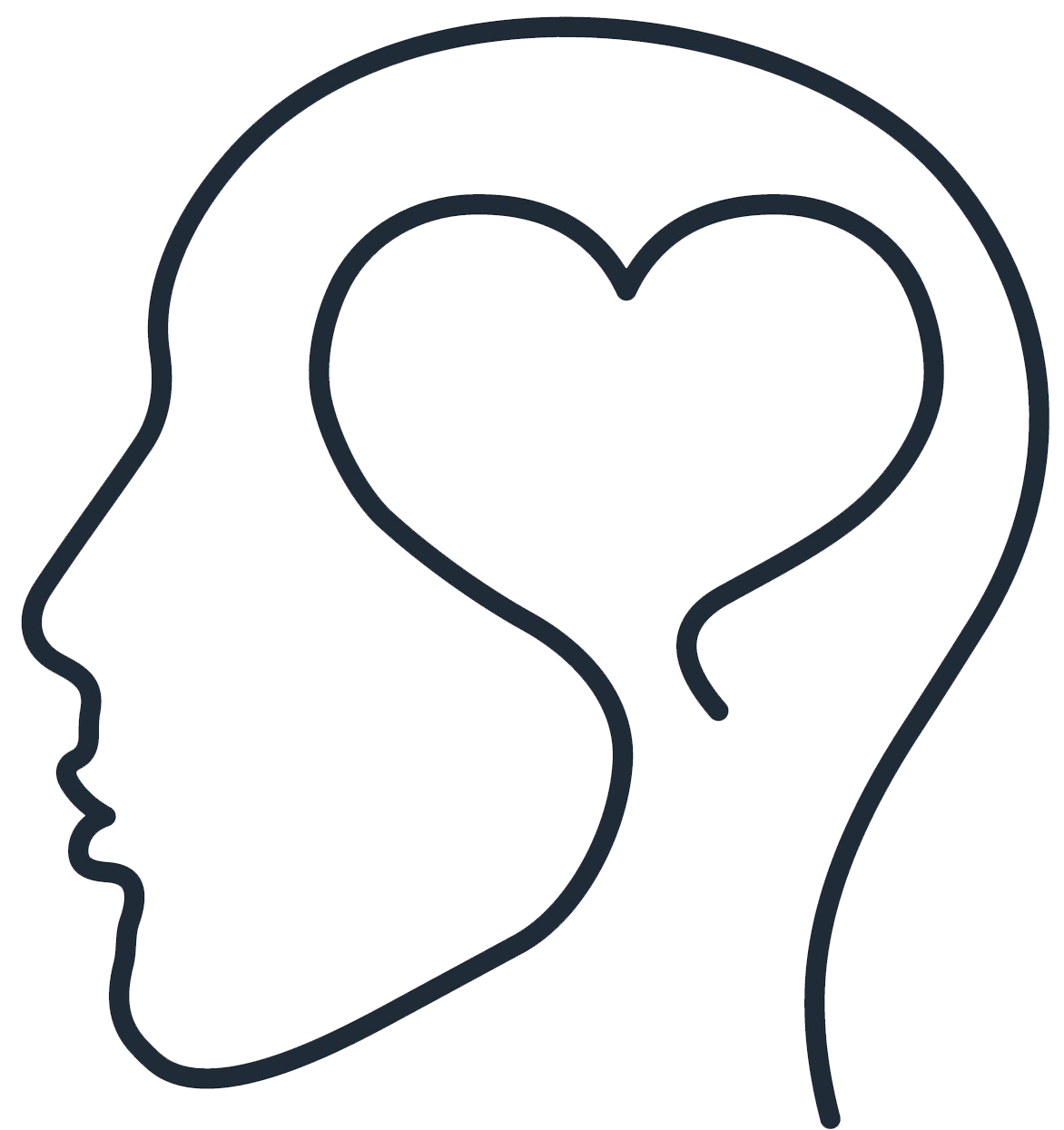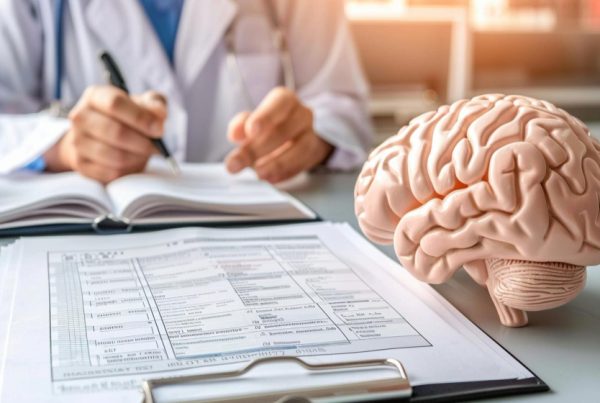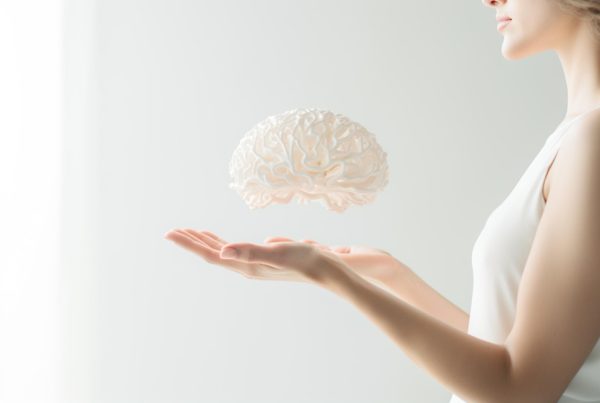Lifestyle mental health refers to the impact of various lifestyle factors on one’s mental well-being. These factors can include diet, exercise, sleep patterns, stress management, social connections, and substance use. Adopting a healthy lifestyle can contribute to better mental health by reducing stress, improving mood, enhancing cognitive function, and promoting overall well-being. Conversely, unhealthy lifestyle choices such as poor nutrition, sedentary behavior, substance abuse, and social isolation can increase the risk of mental health problems such as depression, anxiety, and mood disorders.
Please review the below resources for more information:






